Skills, compliance, and coordination vital for agro export readiness
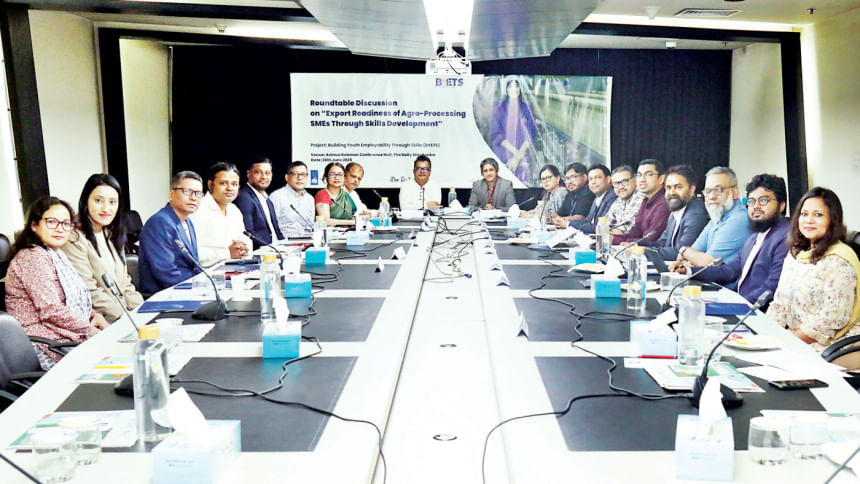
Swisscontact, in collaboration with The Daily Star, organised a roundtable titled ' Export Readiness of Agro-Processing SMEs through Skills Development' on June 26, 2025. Here we publish a summary of the discussion.

Helal Hussain
Country Director, Swisscontact
Bangladesh
Bangladesh has strong potential in agro-processing, which is emerging as a key driver of value beyond traditional farming. Global demand for safe, high-quality processed food is growing fast, and Bangladesh already exports over $1.2 billion annually in this sector. But growth is limited—only 12% of agro-processors meet international standards. Most SMEs are not export-ready. They struggle with understanding export rules and standards, packaging and branding, certification, and connecting with buyers. Addressing these gaps is crucial to unlocking the sector's full export potential.
At Swisscontact, we aim to address these challenges and move towards more action-oriented interventions that lead to tangible change on the ground. Recently, we started another project, supported by the World Trade Organization (WTO), focused on the agro-processing sector. Under this initiative, we have selected 20 products, including vegetables and fruits, for export to seven destination countries. Swisscontact is working to understand export requirements and then collaborate with traders, exporters, and farmers to address them.
In the BYETS project, which is supported by the Embassy of the Kingdom of the Netherlands, we have been working to equip youth with employability and entrepreneurship skills. One of the key sectors BYETS focuses on is agro-processing, where we support SMEs with business development services to enhance their capacity to access export markets. Recently, we organised an expo under the project, and going forward, this will remain a key area of focus.
We aspire not only to improve skills but also to go beyond skills development, providing SMEs and young job seekers with greater opportunities and practical support. Moving forward, we aim to collaborate closely with all relevant stakeholders, including trade bodies, government agencies, certification experts, and private-sector actors, to ensure a more coordinated and impactful approach.
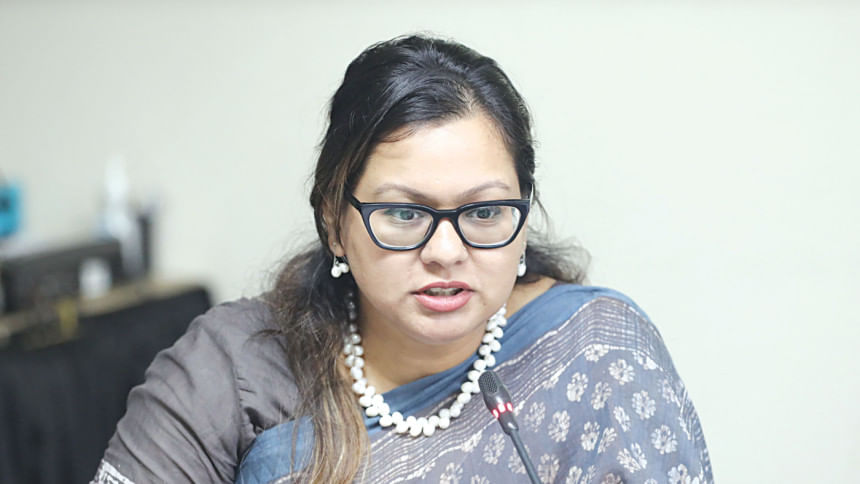
Tanjila Tazreen
Senior Policy Advisor- Economic Affairs and Private Sector Development, Embassy of the Kingdom of the Netherlands in Bangladesh
Agro-processing and agriculture have long been key areas of bilateral trade between the Netherlands and Bangladesh, with Dutch seeds and potatoes widely used in Bangladesh. Recognising the untapped potential in Bangladesh's labour force, the Netherlands has prioritised agro-processing to create jobs, enhance skills, and improve productivity. Agro-processing offers significant growth potential, provided it receives policy support and market access. As Bangladesh transitions from LDC status and the Netherlands redefines its global trade approach, supply chain resilience and compliance with international standards are crucial. Dutch collaboration aims to strengthen these areas through skills development and trade facilitation. Agriculture remains a priority for the Netherlands, with shared goals of boosting efficiency, productivity, and inclusive growth in Bangladesh's agro-processing industry.
The BYETS project, supported by the Dutch government and Embassy, focuses on youth and women's skills development, aligning with Bangladesh's goal of creating jobs and export diversification. Under BYTES, over 1,200 workers have been trained, and a national curriculum has been developed with the National Skills Development Authority. However, a long-term, systemic approach is needed beyond project-based interventions to sustain progress in the sector.

Md Abul Hashem
President, Bangladesh Agro-Processors Association (BAPA)
Despite being an agricultural country, Bangladesh lags in agro-processing, relying heavily on imported raw materials. However, it exports processed food to over 150 countries, with earnings exceeding $1 billion, and aims to reach $2 billion soon. A major challenge is the lack of proper testing facilities. Most products cannot be tested locally, and outdated machinery often yields inaccurate results. Samples are sent to India or Thailand, increasing costs and causing delays. While a national testing lab is underway, progress remains slow.
Halal-certified products offer significant export potential, but international buyers demand full traceability. The Islamic Foundation provides certification, but compliance across the supply chain is essential. Farmer awareness is another gap. Incorrect chemical usage leads to export compliance issues, highlighting the need for training at every stage, from farming to processing. The Bangladesh Agro-Processors' Association (BAPA) has over 700 members involved in food export; however, many local suppliers do not want to engage, and new businesses struggle due to a lack of skilled labour and expertise.
Trade incentives also need realignment. Currently, manufacturers, not exporters, benefit the most, disadvantaging SMEs in the sector. Addressing these challenges could unlock greater growth for Bangladesh's agro-processing industry.
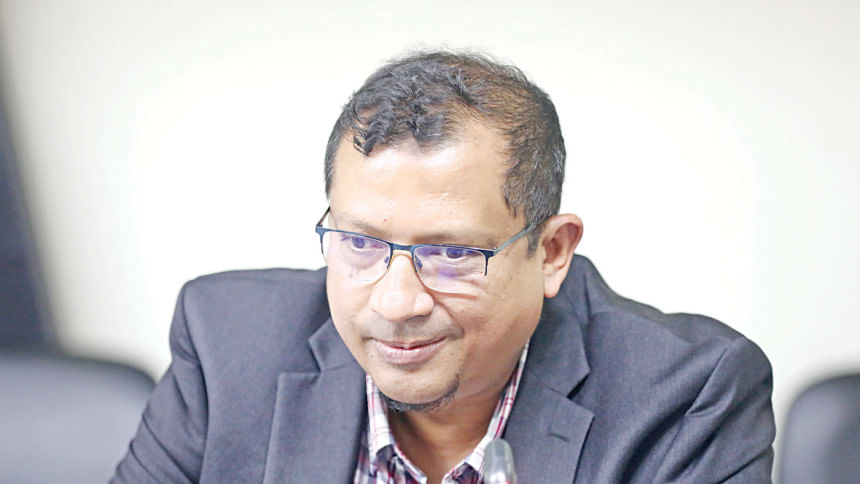
Mahbub Baset
Chief Operating Officer,
IFAD Multi Products Limited
IFAD Multi Products Limited exports to 29 countries but initially faced setbacks due to unfamiliarity with country-specific compliance, leading to forfeited or destroyed shipments. Structured training, like that from BAPA, is seen as highly beneficial. The company emphasises training, particularly for women, in Good Manufacturing Practices (GMP) and food safety before onboarding, with key support from the BYTES project. Consistent quality across local and export markets remains a priority, with BAPA playing a crucial role. Despite political unrest last year, the industry remained stable, thanks to strong worker engagement. BYTES initiatives promote ownership and motivation, resulting in confident workers, fewer buyer complaints, and highlighting the need for ongoing training and collaboration across the sector.

Ikramul H Sohel,
Senior Programme Officer, Inclusive
Economic Development, Development Cooperation Sector, Embassy of Sweden
The Swedish Embassy's work in Bangladesh focuses heavily on the RMG sector but also actively supports agriculture, particularly in climate-vulnerable areas. Given that agriculture employs around 60% of the country's female workforce and remains vital to economic development, strengthening this sector is crucial.
Reflecting on the RMG sector's growth, which began in 1979, there are valuable lessons for agriculture, especially in policy shifts, food safety, certification, and worker protection. Clearer policy guidance is needed to address gaps in the agro value chain, including backwards and forward linkages.
Access to finance is another key challenge. Sweden's credit guarantee facilities for MSMEs could serve as a model for agro-processing businesses. Additionally, improving skills in packaging, labelling, and product testing across the value chain is essential. With systematic efforts, the agro sector has the potential to achieve global recognition, much like the RMG industry. The Swedish Embassy remains committed to supporting Bangladesh in this journey.
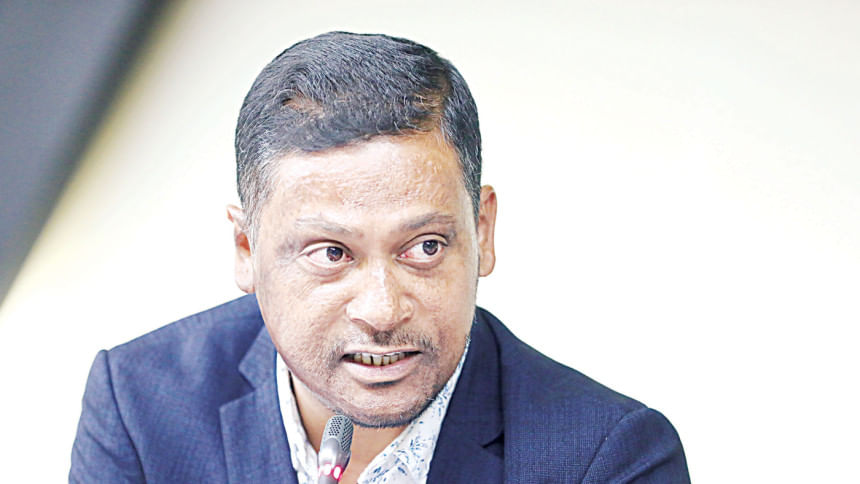
KH Nurul Momen Kayes
Proprietor, TRUST & TRADE
Trust & Trade exports to 12 countries, including Japan, Taiwan, Malaysia, Singapore, and Turkey, with $11 million in exports last year. However, stricter FDA standards and customs regulations in Japan and Taiwan present major hurdles. Many farmers and middlemen remain unaware of evolving policy and quality requirements. To tackle this, Trust & Trade is collaborating directly with farmers to improve production standards. Additionally, delays in testing and health certification, especially for European markets, continue to hamper exports.
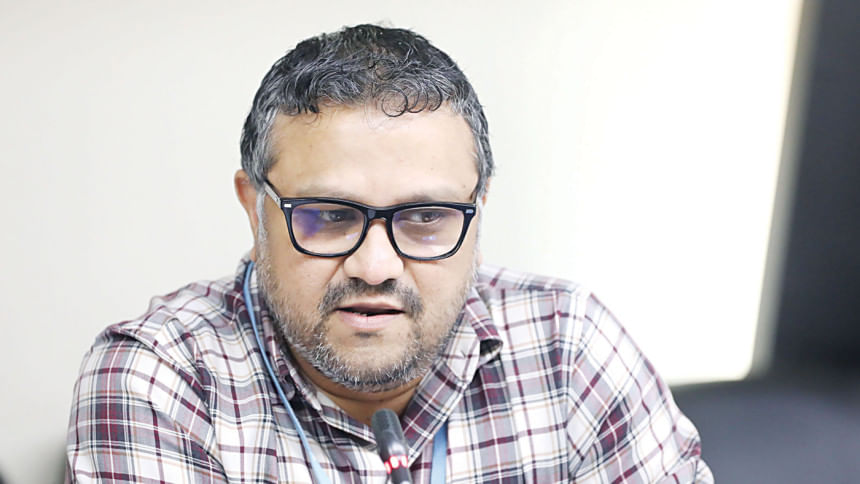
Saif Mohammad Moinul Islam
Senior Programme Officer, International Labour Organisation
There is a major mismatch between industry needs and current skills development, which has long been supply-driven and qualification-focused. The shift is now toward demand-driven models like workplace-based learning and apprenticeships. The ILO has engaged 1,600 agro-processing entrepreneurs, mainly via BAPA, using the global "Skills for Economic Diversification" tool to identify gaps. However, restrictive provisions in the "Quality Apprenticeship Act" and an inactive DIFE committee hinder progress, requiring urgent reforms. Economic zones like Mirsarai, expected to generate 7,000 jobs by 2030, offer new opportunities. Rising foreign investment calls for coordination with BEZA and BIDA. A National Coordination Board is needed to drive cohesive, forward-looking skills development and close the skills gap through policy and industry collaboration.
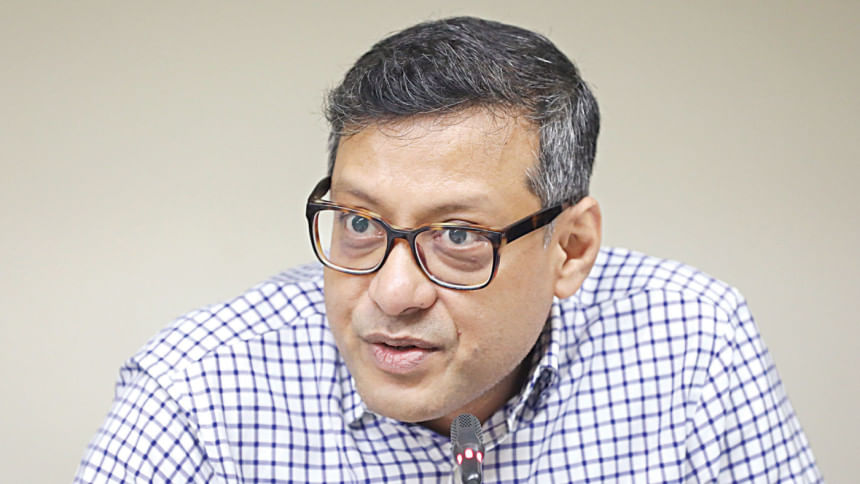
Palash Kanti Das
Senior Advisor, Climate Action Network South Asia (CANSA)
By 2027, the global agro-processing industry is projected to be worth approximately $4.186 trillion. Currently, Bangladesh holds a mere 0.03% share of this market. Even if the country overcomes its existing challenges, estimates suggest its market share might only rise to around 0.24%. This raises a critical question: can Bangladesh realistically capture even that 0.24% of the global market? To answer this, two key factors must be considered.
First, can the country develop a clear, sector-specific roadmap within the next two to three years? This plan must focus on products, markets, and industries where Bangladesh has a competitive edge. Second, what would be the impact on small and medium enterprises (SMEs) if such a roadmap succeeds? Without addressing these questions, achieving the desired level of export readiness will remain difficult. Another crucial consideration is risk management. While known challenges, such as infrastructure gaps and supply chain inefficiencies, are often discussed, other risks, particularly those linked to climate change, are frequently overlooked. Tackling these will be essential to building a resilient and sustainable agro-processing sector. The road ahead is challenging, but with a well-structured strategy, Bangladesh could secure a stronger position in the global market. However, time is of the essence—the next few years will be decisive.
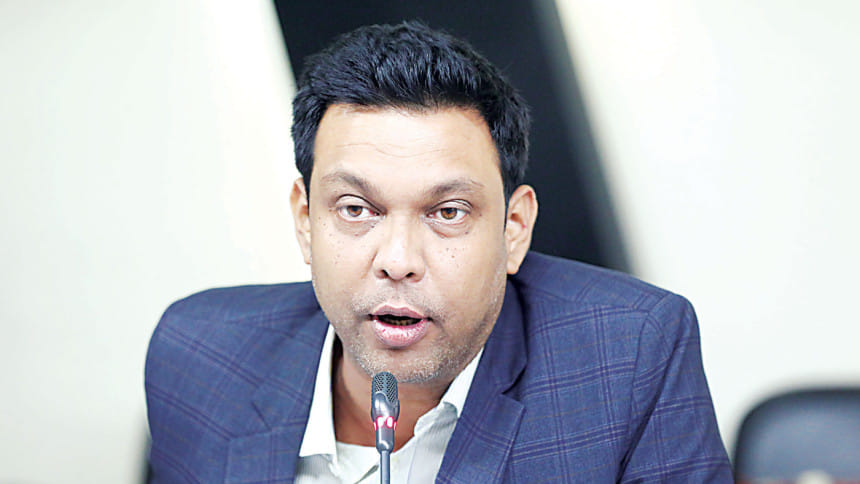
Shahriar Islam
Senior Programme Manager (Strategic Partnerships Lead), Department of Foreign Affairs and Trade, Australian High
Commission, Dhaka
The Australian Government has prioritised several key areas in Bangladesh, both before and after the COVID-19 pandemic, including health security, stability, economic resilience and growth. These efforts are closely linked to skills development in the country. For over two decades, Australia has supported primary education in Bangladesh and has been actively involved in skills development for more than ten years. Unlike many initiatives that primarily target unemployment, Australia has also been emphasising export-oriented skills, preparing Bangladeshi youth not only for overseas employment but also for local and international job markets. Australia would also like to highlight one area that requires further attention is the inclusion of marginalised communities, particularly women and persons with disabilities, in skills development programmes. This focus reflects Australia's long-term commitment to fostering sustainable economic growth and opportunities in Bangladesh.
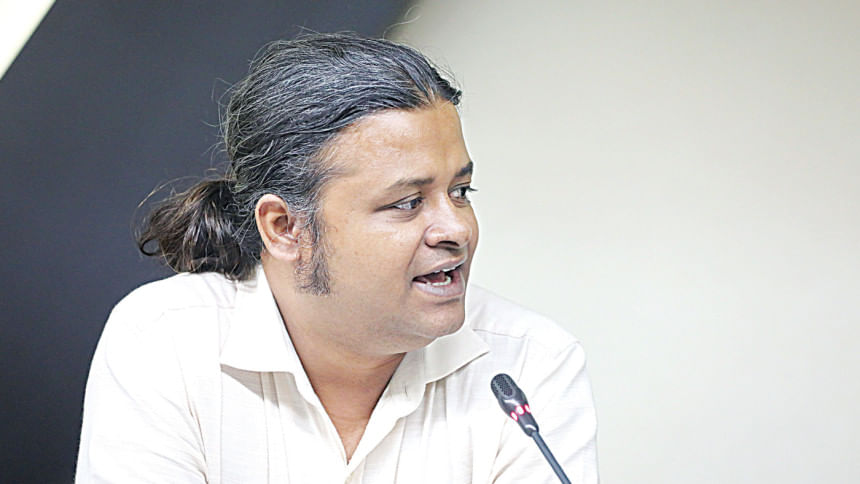
Md Al Amin Rumi
AGM- Business Development, CEMS Bangladesh
The RMG sector's export-marketing strategies contrast sharply with those of agro-processing, a disparity which requires urgent attention. Authorities are now revamping engagement tools to ensure continuous stakeholder collaboration beyond expos, aiming for deeper networking. Success hinges on unified support from all involved parties. This shift seeks to bridge long-standing gaps and strengthen export readiness across industries, moving past one-off events towards sustained growth. Collective effort remains vital for meaningful progress.
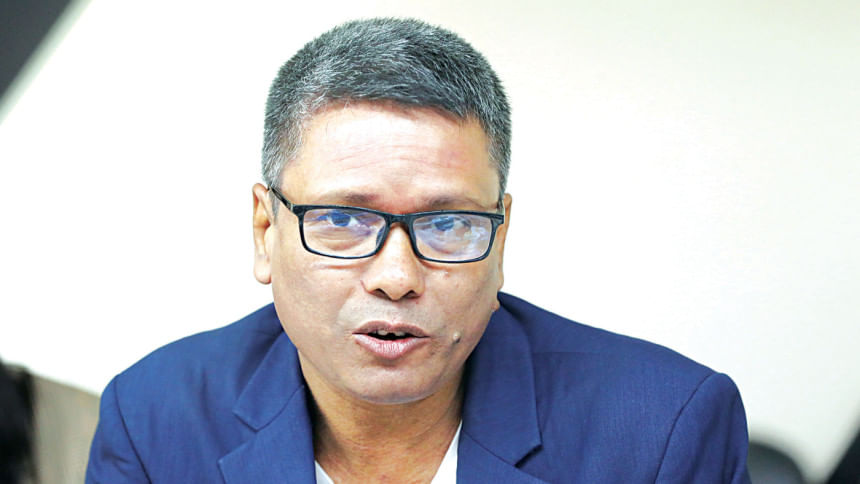
Mohammod Mosharrof Hossain
Chief Executive Officer, Agro Food Industry Skills Council (AFISC)
The Agro-Food Industry Skills Council, established in 2015, continues to face significant institutional capacity challenges, hindering its ability to bridge the gap between planning and implementation. Despite being operational for nearly a decade, the council lacks a proper office or a structured workforce, functioning with only a few paid employees, including the CEO. This year, AFISC aimed to formulate 25 standards but managed only 10, with a pressing need for more export-focused standards. So far, just one quality standard for export readiness has been developed, leaving critical gaps in logistics, packaging, and related areas. Delays in obtaining a logistics training licence from Security Intelligence further stall progress, suggesting a lack of stakeholder prioritisation. Additionally, internal compliance issues in skills development courses add to the challenges, underscoring the need for stronger institutional support.
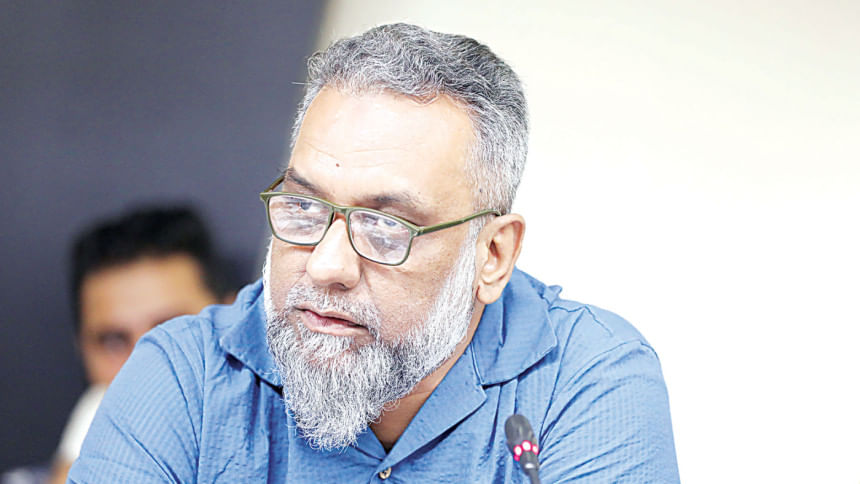
Shamsul Huda Asif
Admin and Coordination Manager, European Union Chamber of Commerce in Bangladesh
Non-resident Bangladeshis are keen to purchase Bangladeshi products, but inadequate packaging hinders export potential. Recently, two European firms have invested in the agro-processing sector, signalling growing international interest. Collaborations with Swisscontact and other stakeholders are also underway to address challenges and enhance market opportunities. These efforts aim to boost exports while meeting global standards.
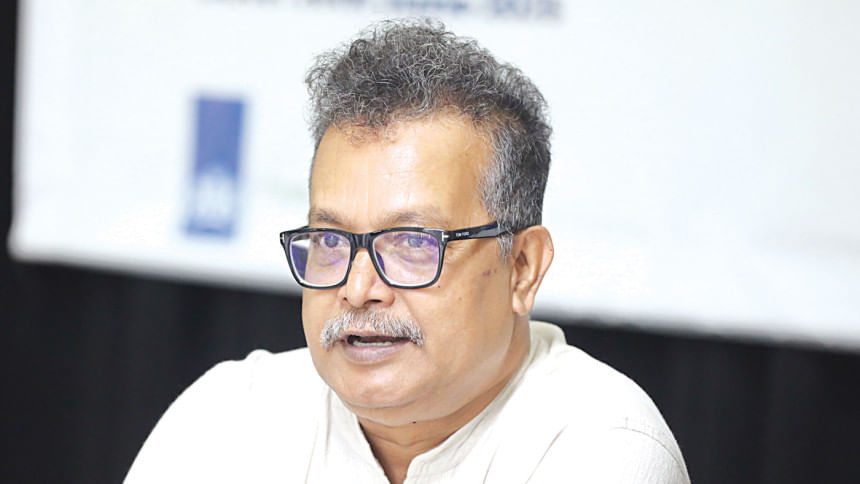
Ananya Raihan
Chairperson, iSocial Limited
Today's discussion emphasised integrating e-commerce into agro-processing by engaging stakeholders like importers, exporters, manufacturers, and quality assurance bodies in skills development. While the BYTES project has made progress, expanding targeted interventions in priority sectors is crucial. The SME Foundation's one-stop information service, though unsuccessful in scaling, highlighted the need to link SMEs with policy and resources. Common Facilitation Centres (CFCs) for micro and nano businesses could bridge market gaps. Addressing training apathy is vital, where a CPD study found 91% of overseas workers lacked formal training, underscoring the need for skills development across export-oriented value chains.
Recommendations
- Introduce a one-stop information service for businesses and farmers
- Establish Common Facilitation Centres (CFC) for micro and nano businesses
- Ensure production of value-added products from underutilised materials to penetrate untapped export markets
- Establish proper testing facilities in Bangladesh to avoid additional costs
- Improve backwards and forward linkages
- Ensure access to proper financing mechanisms
- Review and reform the Quality Apprenticeship Act to encourage companies' investment in apprentices.
- Utilise Export Processing Zones (EPZ) and Economic Zones (EZ)
- Form a National Coordination Board to lead integrated skill development programmes
- Formulate product-, market-, and sector-specific roadmaps

 For all latest news, follow The Daily Star's Google News channel.
For all latest news, follow The Daily Star's Google News channel. 



Comments